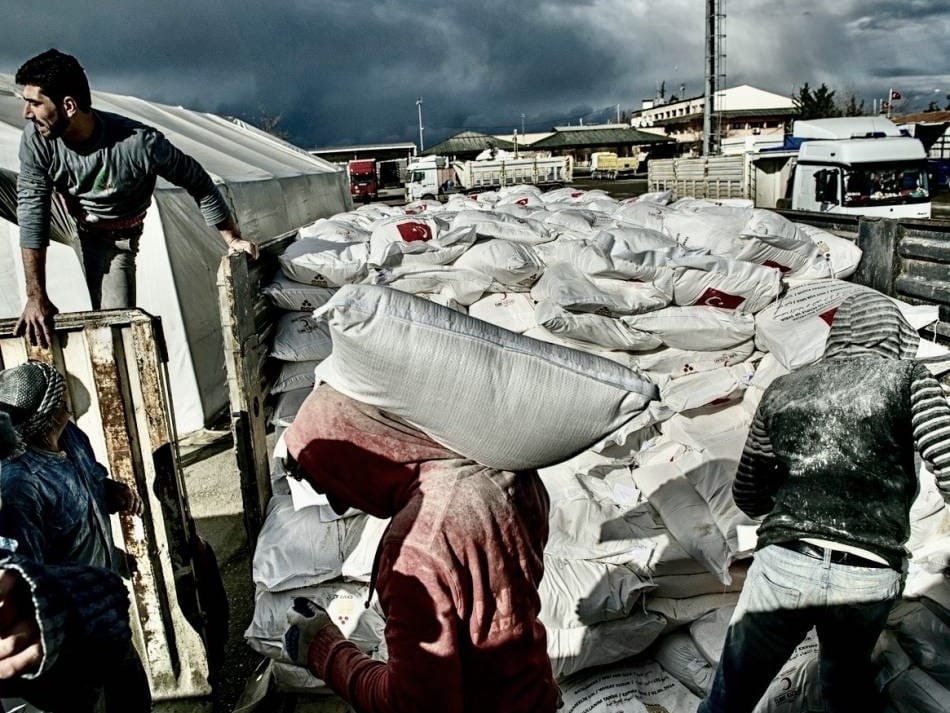UNITED NATIONS (AN) — Obstructed by Russia's demands, the U.N. Security Council agreed to a six-month entension — not a full year as in the past — for cross-border humanitarian aid deliveries to more than 4 million Syrians in the rebel-held northwest.
The 15-nation council's 12-0 vote on Tuesday reauthorizes aid deliveries through the Bab al-Hawa border crossing between Turkey and northern Syria only until January 10, 2023. Russia flexed its veto power on the council to block measures last week calling for a one-year extension to the aid corridor.









